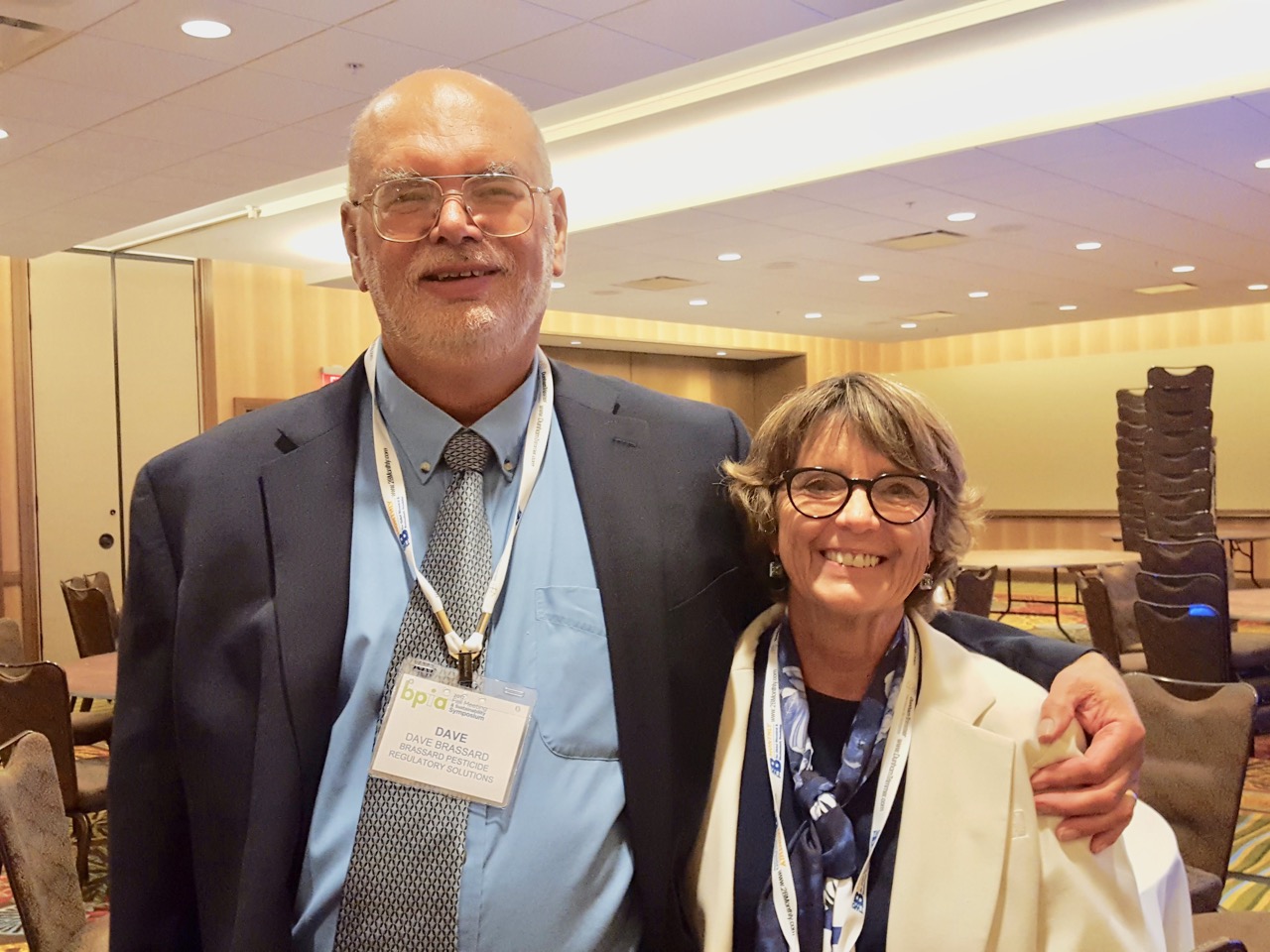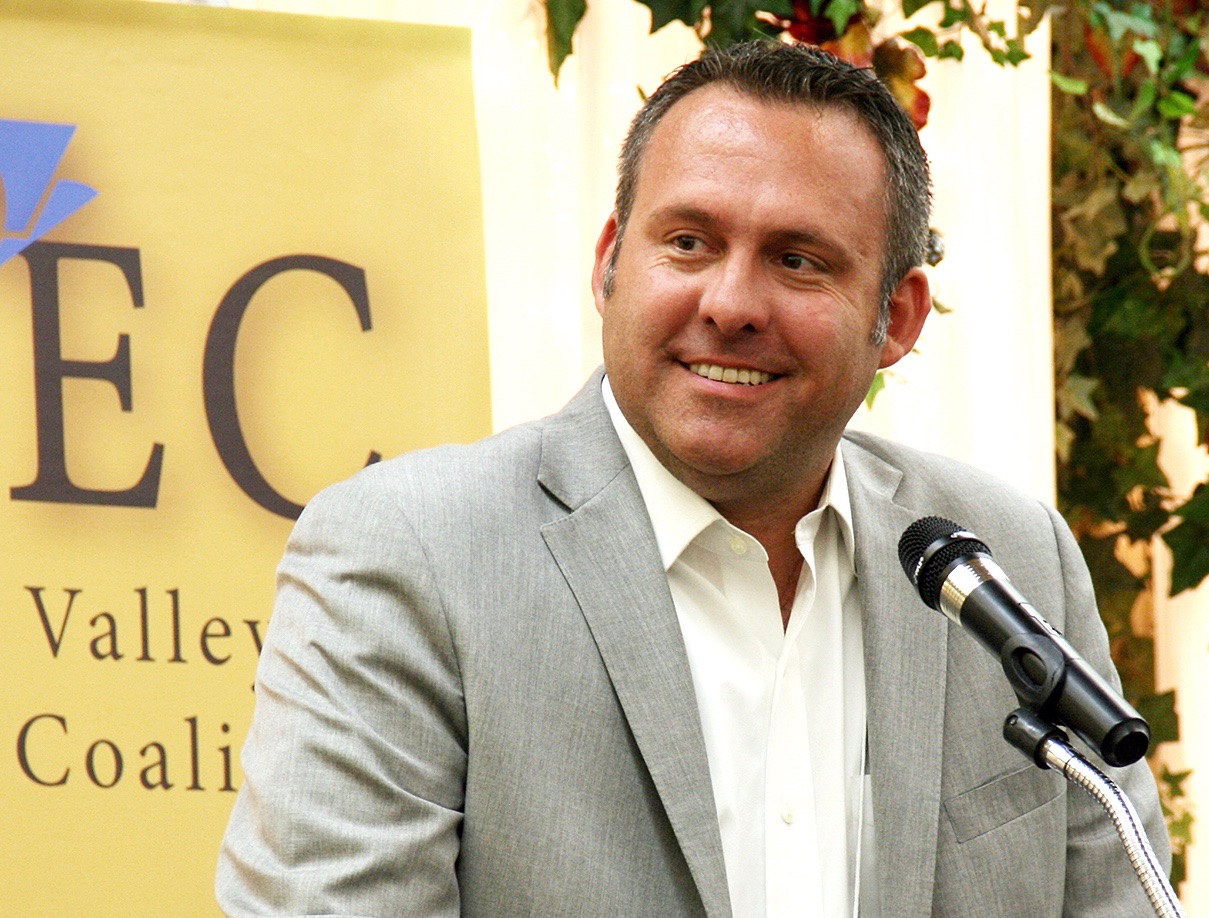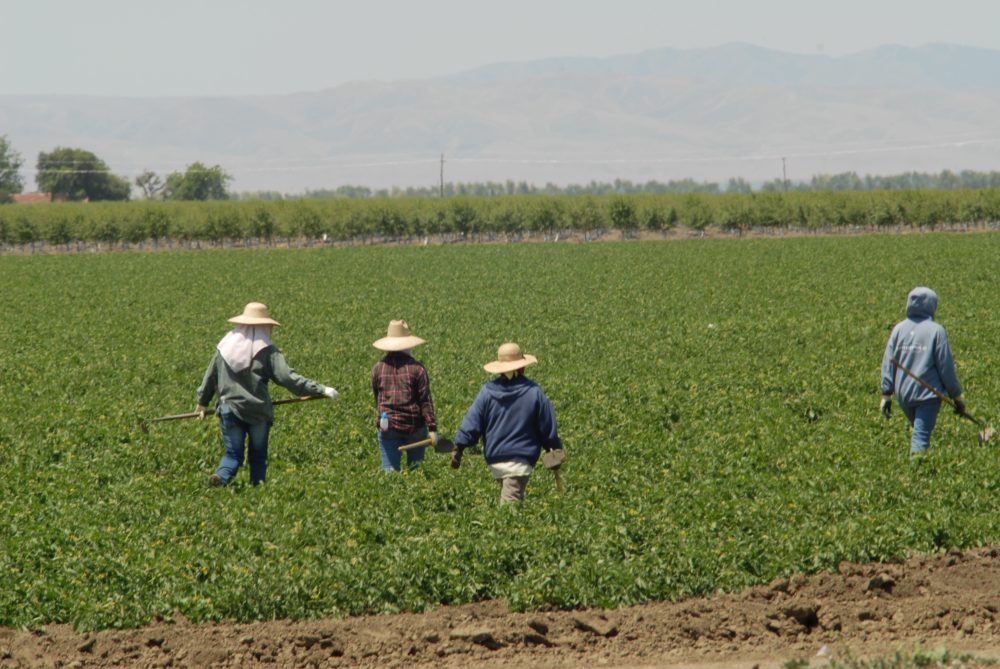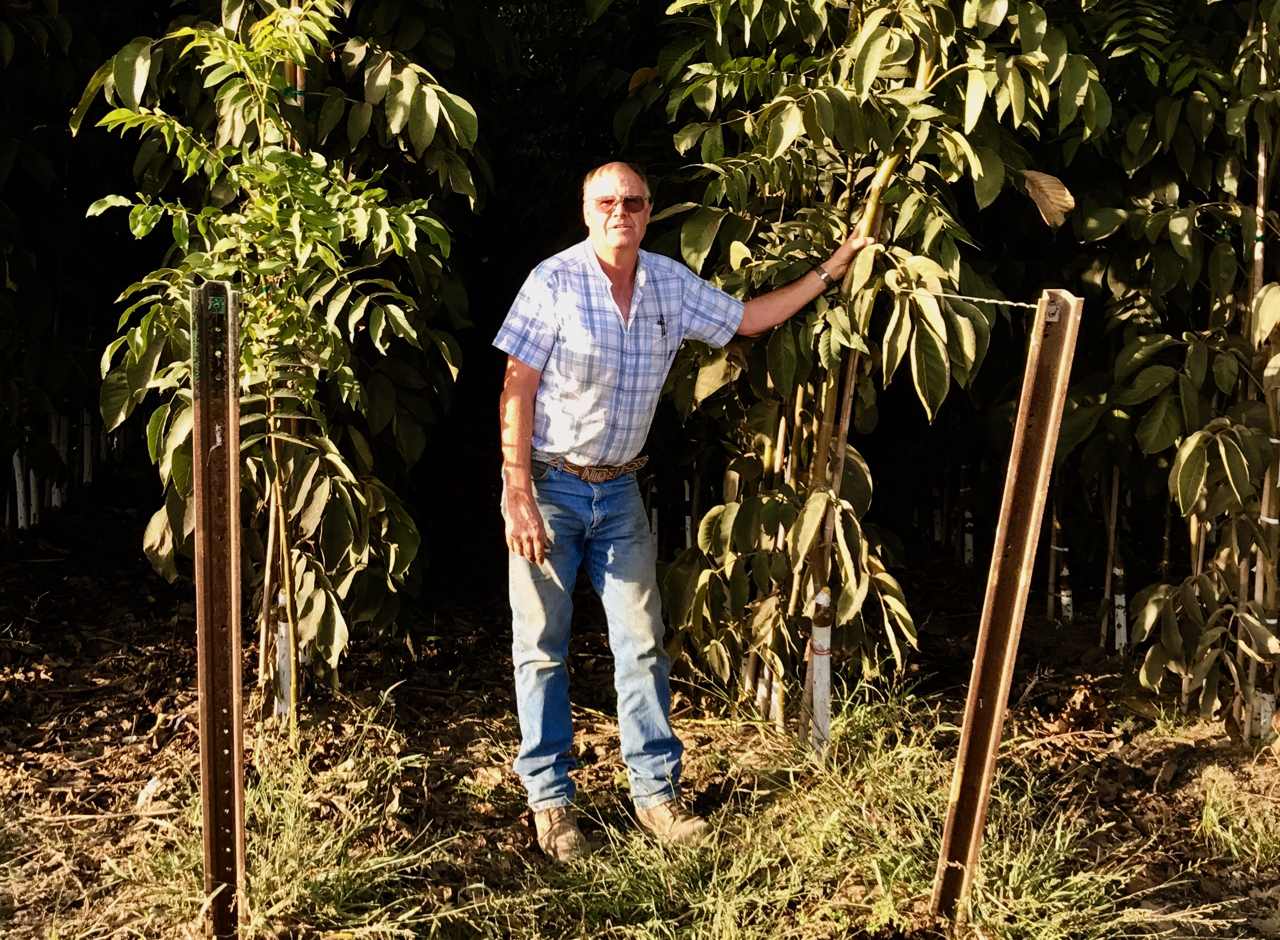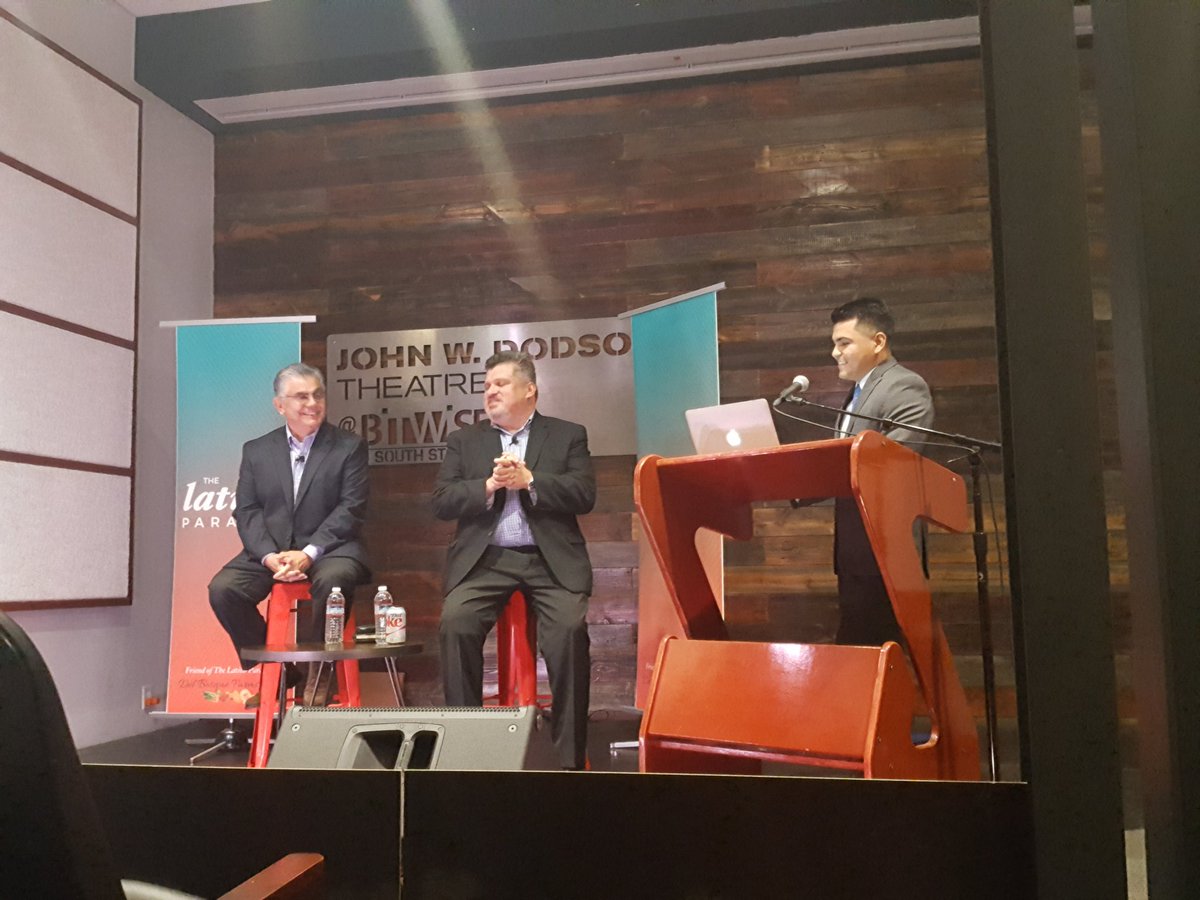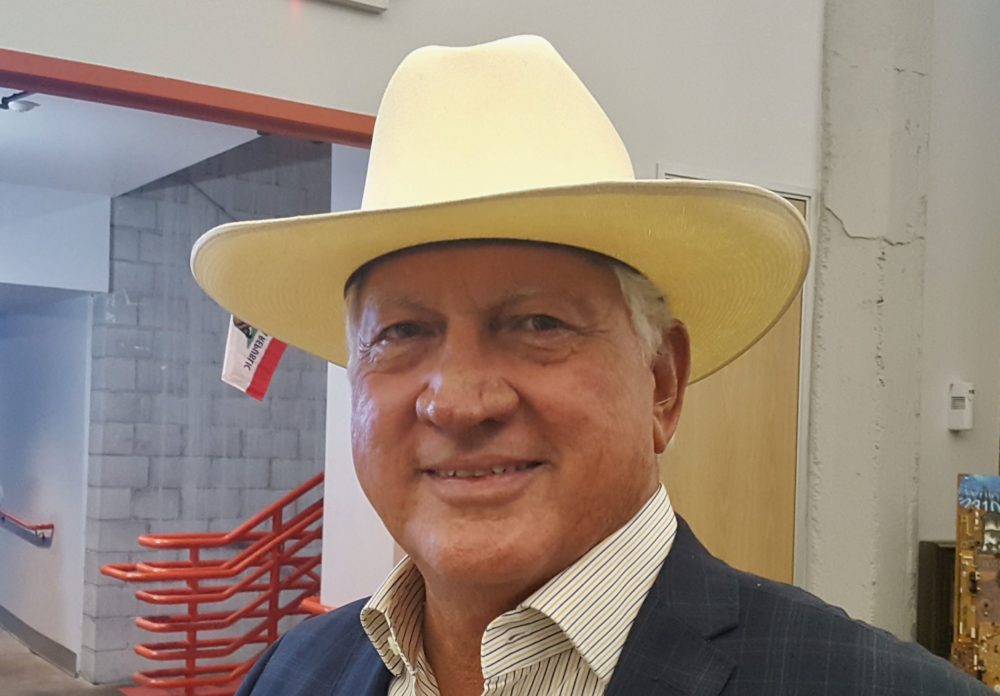Making Comments with Data Carries Weight in Crop Protection
Make Comments When Needed
By Patrick Cavanaugh Farm News Director
Dave Brassard of Brassard Pesticide Regulatory Solutions, based in Washington D.C., regularly assists with getting new products registered with the EPA. California Ag Today spoke with him about making comments regarding the registration status of crop protection products.
“We’re pesticide consultants, and we basically assist registrants into getting everything registered, and getting through a lot of the data requirements, data waiver processes, that they need to go through,” he explained.
Brassard and his wife have a combined total of 73 years experience working in the EPA’s office of pesticide programs.
“The importance of data collection in pesticide regulatory reform, and the need for real data collection to be used in growers defense. Especially when growers reach out for support, the data is the most important, and the most reliable, form of evidence to present to the EPA,” he said.
“What typically happens is we will keep track and count the number of comments. But a lot of comments are very generic, and are not supported by data,” Brassard said
Simply having a large number of comments is not enough; it’s the quality content that really matters.
“So a lot of times it just becomes a little blurb that we had 10,000 comments from stakeholders worried about a concern, but what really, I think, makes a big difference, is if it’s somebody sends in data that can change EPA’s opinion on something,” Brassard explained.
“Let’s say that the EPA is going to regulate a chemical that is the only chemical to control, say, an obscure pest that we didn’t even consider in our original analysis. Somebody sends in that studies, and boy that stops the presses! It’s, ‘Let’s review this,’ ” Brassard said. “Does this change our opinion on anything? Can we make an exception for this particular use-pattern? Is there a different kind of risk-mitigation that we can impose?”
“Sending in real data are comments that make a real difference,” he said

